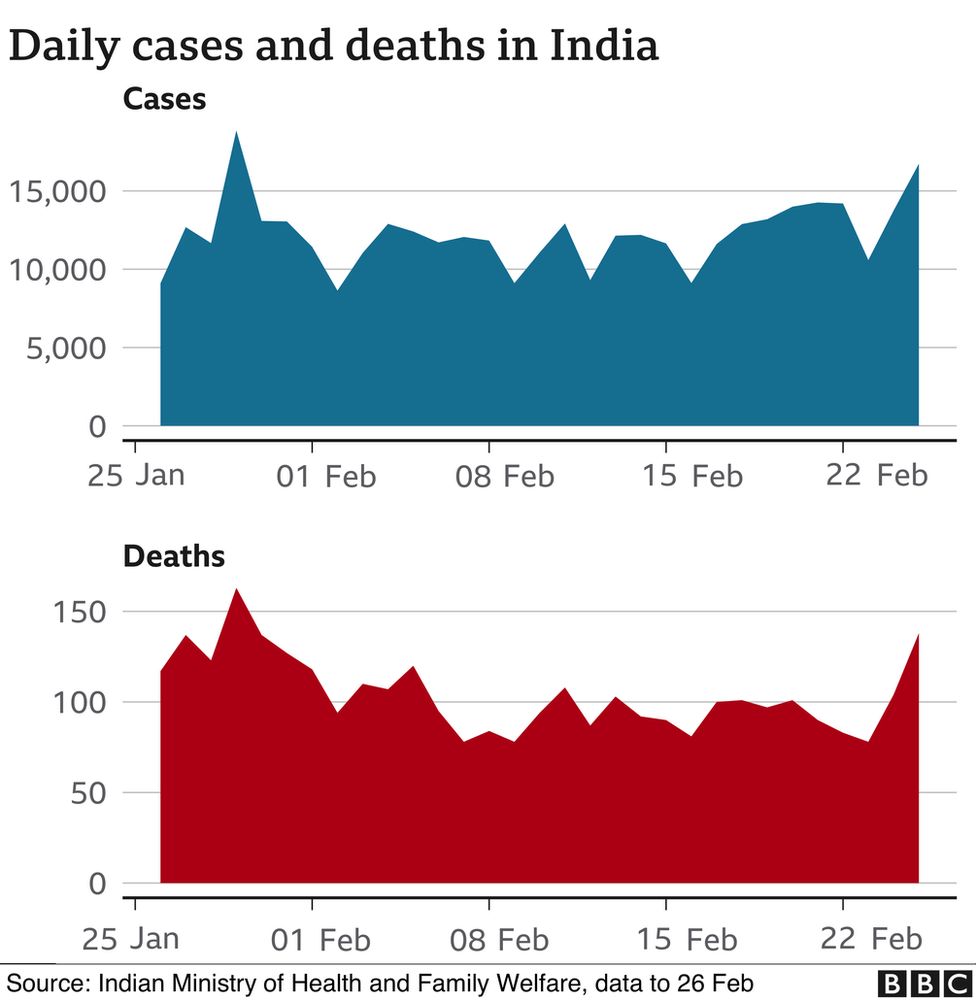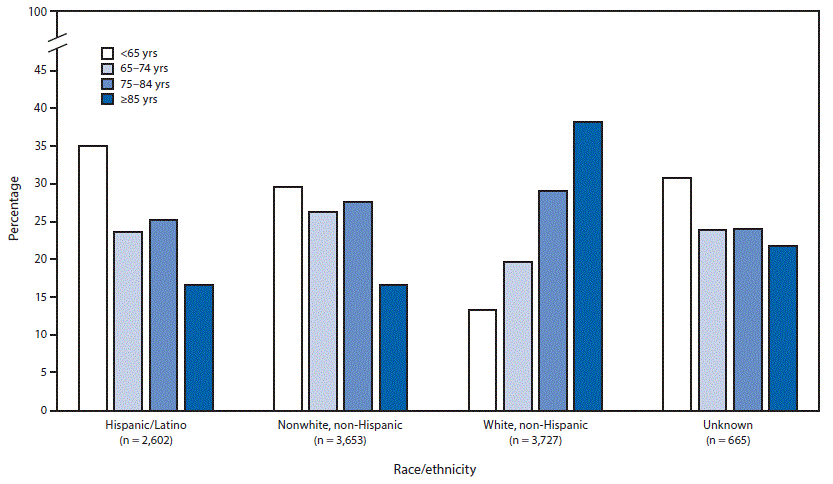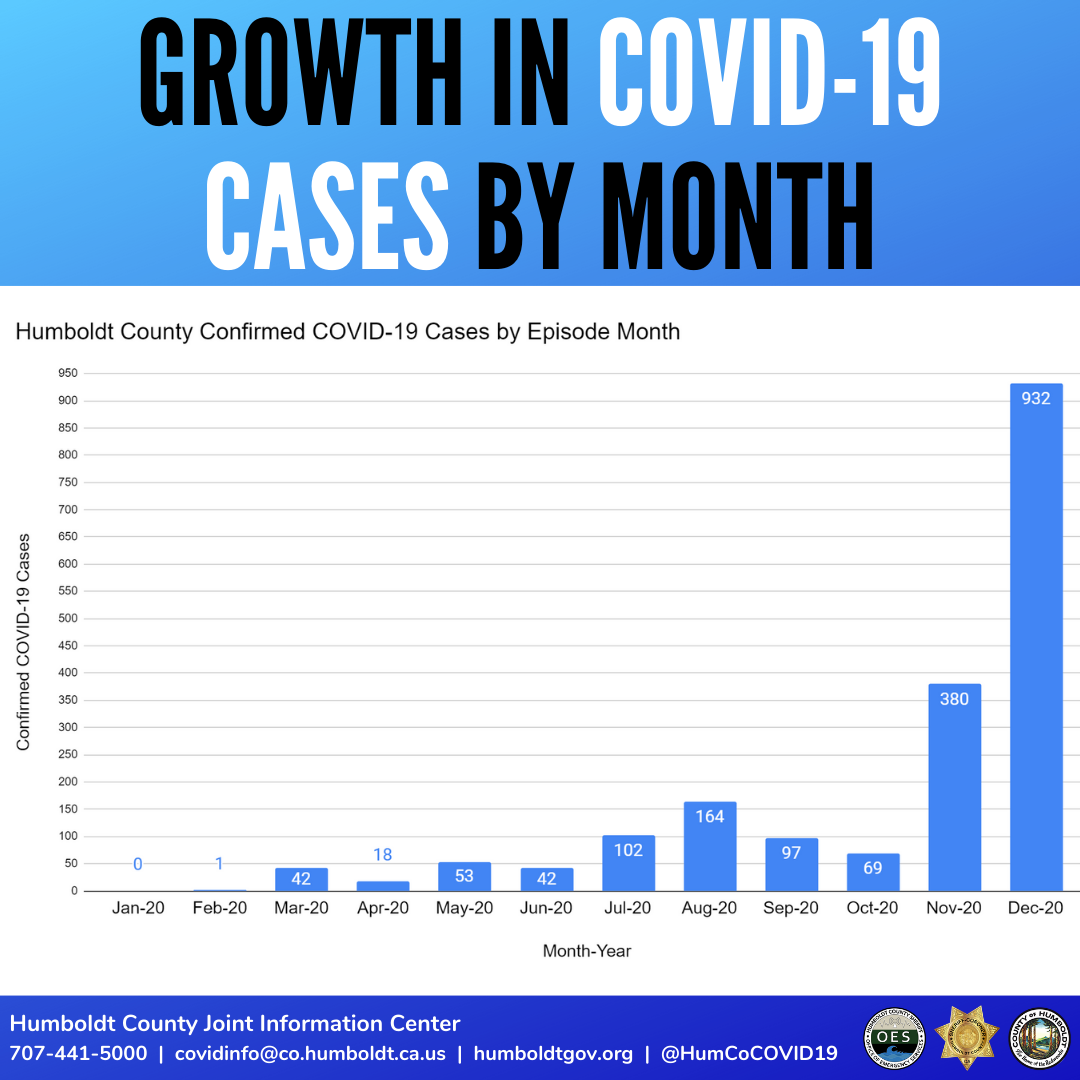

People with dementia or Alzheimer's are also at higher risk, as are people with brain and nervous system conditions such as stroke. Chronic kidney, liver or lung diseases.Serious heart diseases, such as heart failure, coronary artery disease or cardiomyopathy, and possibly high blood pressure.People with existing medical conditions also may have a higher risk of serious illness. This includes people who are older, and the risk increases with age. Some people are at a higher risk of serious COVID-19 illness than others. Risk factors for serious COVID-19 illness Being near an infected person when in an indoor space with poor airflow.Being coughed or sneezed on by an infected person.Close contact with someone who has COVID-19, especially someone with symptoms.Risk factors for COVID-19 appear to include: It's possible to get COVID-19 more than once. This is called presymptomatic transmission. The COVID-19 virus also can spread from someone who is infected but hasn't developed symptoms yet. This is called asymptomatic transmission. The COVID-19 virus can spread from someone who is infected but has no symptoms. The virus also can spread if you touch a surface with the virus on it and then touch your mouth, nose or eyes. Sometimes the COVID-19 virus can spread when a person is exposed to very small droplets or aerosols that stay in the air for several minutes or hours - called airborne transmission. These droplets can be inhaled or land in the mouth, nose or eyes of a person nearby. The virus spreads by respiratory droplets released when someone with the virus coughs, sneezes, breathes, sings or talks. Data has shown that the COVID-19 virus spreads mainly from person to person among those in close contact. The virus that causes COVID-19 spreads easily among people. Infection with severe acute respiratory syndrome coronavirus 2, also called SARS-CoV-2, causes coronavirus disease 2019 ( COVID-19). Let your health care team know if you are an older adult or have chronic medical conditions, such as heart disease or lung disease, as you may have a greater risk of becoming seriously ill with COVID-19.
#Covid numbers in michigan skin
#Covid numbers in michigan professional
Your health care professional will likely recommend that you get tested for COVID-19.


If you have COVID-19 symptoms or you've been in contact with someone diagnosed with COVID-19, contact your health care team right away for medical advice. Rarely, some adults experience the syndrome too.

Some children experience multisystem inflammatory syndrome, a syndrome that can affect some organs and tissues, several weeks after having COVID-19. These health issues are sometimes called post- COVID-19 conditions. Some people experience COVID-19 symptoms for more than four weeks after they're diagnosed. Some people may experience worsened symptoms, such as worsened shortness of breath and pneumonia, about a week after symptoms start. Some people may have no symptoms at all, but can still spread it. Some people may have only a few symptoms. The severity of COVID-19 symptoms can range from very mild to severe. Children have similar symptoms to adults and generally have mild illness.


 0 kommentar(er)
0 kommentar(er)
